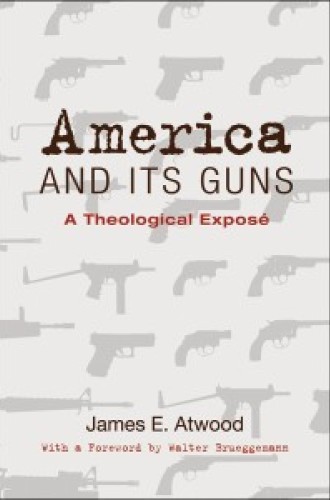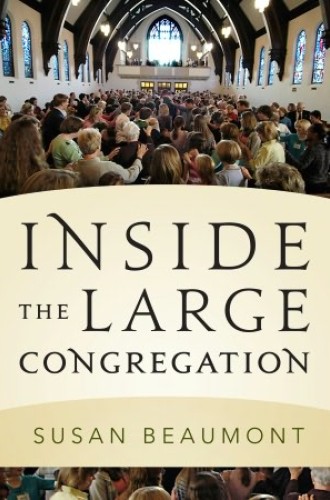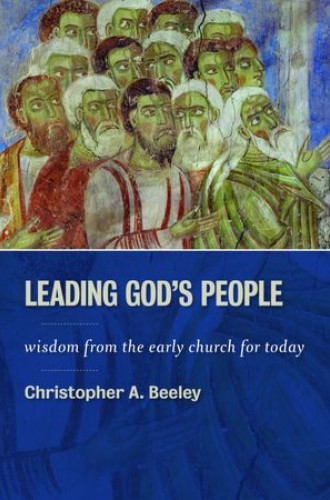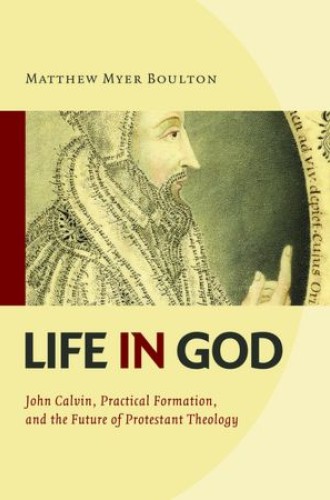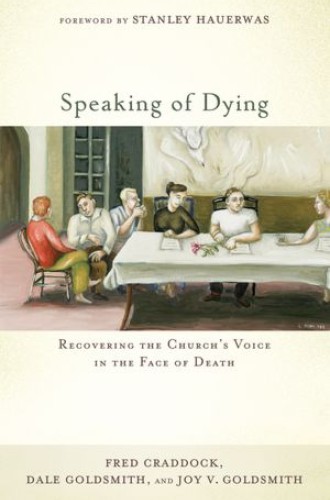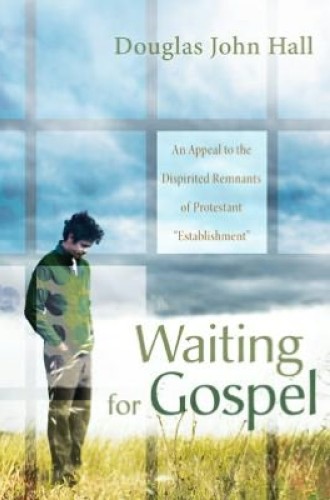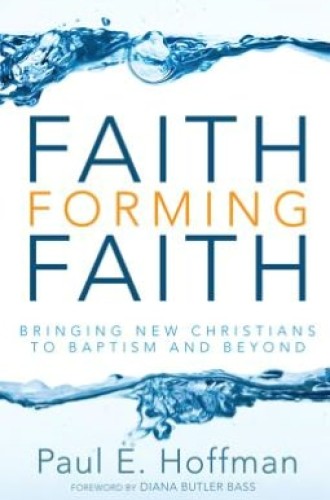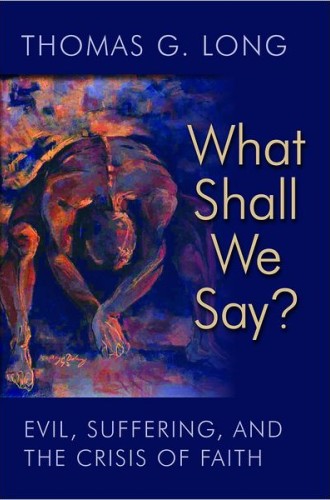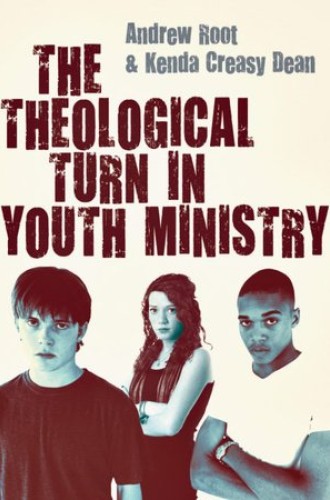Practical theology
America and Its Guns: A Theological Exposé, by James E. Atwood. In a year in which incidents of horrific gun violence have cascaded one after another, this is a timely and important book for clergy and churches. Atwood, a Presbyterian pastor who grew up in the South as a gun owner and hunter, dissects the language and idolatrous fixations of our American gun culture, calling faith communities to find their authentic voice on this issue.
Inside the Large Congregation, by Susan Beaumont. For a variety of reasons, including economies of scale, churches are getting larger. But larger churches are not simply larger versions of small or mid-sized congregations. They are different. Beaumont, an Alban Institute senior consultant with a practice focused on the large congregation, gets inside the dynamics and potentials of the large church. She pays particularly helpful attention to what is often the most vexing challenge for large churches: designing and leading the church’s staff team.
Read our latest issue or browse back issues.
Leading God’s People: Wisdom from the Early Church for Today, by Christopher A. Beeley. Because congregational leadership seems such a tough challenge these days, books on the topic are legion. Beeley offers something new by giving us something old: the wisdom of the early church on what it is to be a pastor and leader. He pays attention to New Testament texts and even more to the writings of Gregory the Great, Chrysostom, Gregory of Nyssa, Augustine and others. He views the church as not merely instrumental to other ends, but as having its own God-given end and purpose.
Life in God: John Calvin, Practical Formation, and the Future of Protestant Theology, by Matthew Myer Boulton. Boulton’s argument is that Christian doctrine—theology—has a formative intention: to form, deepen and sustain the lives of ordinary believers and of the church. In an age of doctrinaire neo-Calvinists who reduce Calvin to sound bites, Boulton gives us a Calvin more interested in building up the lives of believers and the body of Christ than in creating litmus tests or offering doctrinal abstractions.
Speaking of Dying: Recovering the Church’s Voice in the Face of Death, by Fred Craddock, Dale Goldsmith and Joy V. Goldsmith. Like a number of the books on this list, Speaking of Dying is a call to the church to rediscover and reclaim its own voice, language and story—in this case, about death and dying. Claiming that the church has outsourced death and dying to other stories and experts, the authors directly address preaching on death, the nature and implications of Jesus’ death and the experience of the dying person.
Waiting for Gospel: An Appeal to the Dispirited Remnants of Protestant “Establishment,” by Douglas John Hall. Canadian theologian Hall understands the implications of the end of Christendom in a better and deeper way than most. In this collection of recent talks and essays, he calls on the church and its preachers to stop substituting moral and ethical counsel for gospel and to learn, again or for the first time, to speak the good news of God that addresses personal lives as well as the public sphere.
Faith Forming Faith: Bringing New Christians to Baptism and Beyond, by Paul E. Hoffman. For nearly two decades Seattle’s Phinney Ridge Lutheran Church and its pastor, Hoffman, have been practicing a new form of the catechumenate in one of the country’s most secular and often most skeptical cities. “The Way” has brought people not just to a church but to Christ and his church. This is Hoffman’s story about how The Way has changed the lives of those seeking faith and transformed the life of a congregation.
What Shall We Say? Evil, Suffering, and the Crisis of Faith, by Thomas G. Long. The questions that Long engages are both timeless and timely. Timeless because people of faith have always tried to make sense of evil and suffering in light of their faith. Timely in that recent and popular critics of the church and its faith have taken on the timeless questions only to dismiss the church’s claims and teaching as inadequate or, worse, harmful. Long faces the hard questions and critiques directly and finds that the faith of the church speaks honestly and redemptively. He calls on, and helps, preachers and teachers of the church to do the same.
The Theological Turn in Youth Ministry, by Andrew Root and Kenda Creasy Dean. The day of youth ministry as merely keeping the kids busy and entertained is past. It is time to turn to theological substance and faith formation. This book talks about why this is true, and more important, it demonstrates how it may be done. The closing postscript on youth ministry as practical theology is worth the price of admission.
Small Things with Great Love: Adventures in Loving Your Neighbor, by Margot Starbuck. For those for whom social justice has become a heavy weight and a matter of such complexity as to be overwhelming, Starbuck brings it down to earth, to readers’ homes and neighborhoods. Writing in a way that is both practical and engaging, Starbuck helps us to follow the great teachers of compassion and justice not by leaving our present lives but by opening our eyes to our lives and to those with whom we share them.


